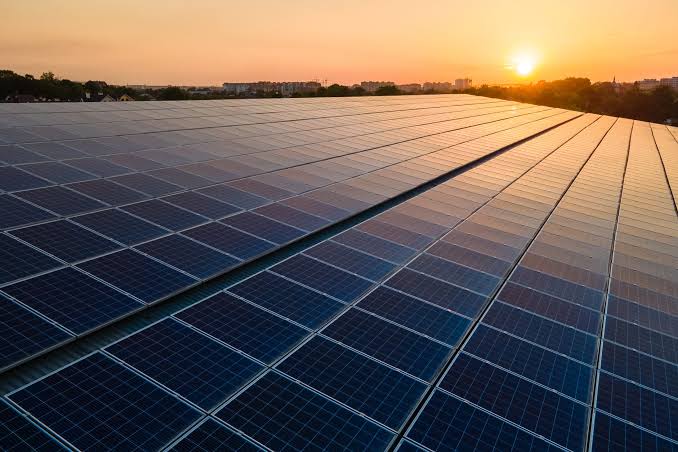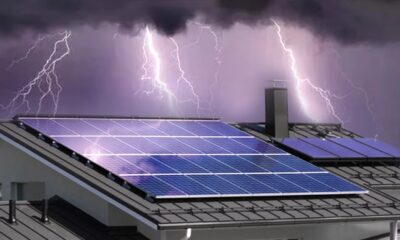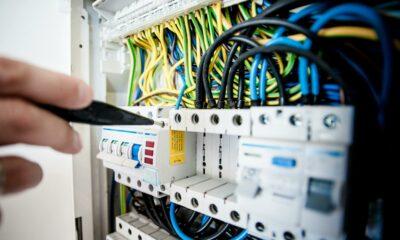Business
Why South Africans Are Still Choosing Home Solar Power in 2025

For years, solar power in South Africa was synonymous with survival. If you didn’t want to be left in the dark during load-shedding, you had little choice but to invest in panels, batteries, and inverters. But now, in 2025, something surprising has happened: load-shedding has all but disappeared.
Yet despite this, households are still turning to solar power and not just for backup.
The Industry’s Rollercoaster Ride
When Eskom managed to stabilize its generating fleet and private energy projects took off in 2024, many expected solar demand to collapse. And in some ways, it did.
Stage Zero CEO Abraham van der Merwe called 2024 a “year of horrors” for smaller solar players. Many businesses closed their doors, some cut staff, and distributors were left sitting on unsold stock. Portable and backup-only systems suddenly became yesterday’s news.
But for the bigger players who pivoted quickly, the picture looks very different today. By focusing on cost savings instead of fear-driven sales, companies like Stage Zero found their footing again. Van der Merwe says July 2025 was their best sales month ever.
Why Homeowners Still Want Solar
So if it’s not about escaping load-shedding, what’s driving South Africans to keep installing solar? The answer is layered:
-
Financial relief: Eskom tariff hikes and municipal restructuring are biting into household budgets. Solar offers a way to fix electricity costs long term.
-
Energy independence: Even in areas with stable supply, homeowners enjoy the peace of mind that comes with producing their own power.
-
Sustainability: Companies like Gosolr note that more families are motivated by reducing their carbon footprint and living greener lives.
-
Flexibility: Solar rental models, such as Gosolr’s subscription system, remove the heavy upfront costs that once scared people away.
“Peace of mind, reliability, and pride in sustainability are as much a part of the sale as the financials,” Gosolr explained.
A Tale of Two Regions: Gauteng vs Cape Town
Solar uptake is also shaped by geography.
Alumo Energy’s chairman Rein Snoeck Henkemans says Gauteng homeowners still want backup power because the distribution grid can be unstable. Cape Town residents, meanwhile, are motivated more by long-term savings than necessity their lights are on, but their wallets are under pressure.
This regional divide highlights the evolving psychology of solar buyers: from emergency survivalists to cost-conscious investors.
The Economics Behind the Choice
Interestingly, solar equipment keeps getting cheaper, but many South Africans still hesitate.
AWPower’s managing director Christiaan Hattingh believes the timing couldn’t be better for adoption. “The cost of living has skyrocketed, yet solar prices are dropping. Now is the best time to lock in savings,” he said.
The challenge, according to industry veterans, is education. Too many households only consider solar after a shocking electricity bill or an outage. “We need to move away from knee-jerk decisions,” Snoeck Henkemans added. “Once homeowners see the long-term numbers, the value is undeniable.”
Public Sentiment and Social Media Buzz
On social media, the conversation has shifted. Instead of frantic posts about “Stage 6” panic, users now boast about their falling electricity bills or proudly share photos of rooftop panels. Energy-saving tips trend on TikTok and Instagram, with influencers showcasing solar-powered lifestyles as aspirational, not desperate.
This cultural pivot, from survival to status and sustainability, might explain why the industry still has life after load-shedding.
South Africa’s solar story is no longer just about Eskom’s failures. It’s about households reclaiming control, reducing costs, and choosing greener living.
The lesson? Even if the lights stay on, the solar boom isn’t going away. It’s simply evolving.
{Source: Moneyweb}
Follow Joburg ETC on Facebook, Twitter , TikTok and Instagram
For more News in Johannesburg, visit joburgetc.com



























